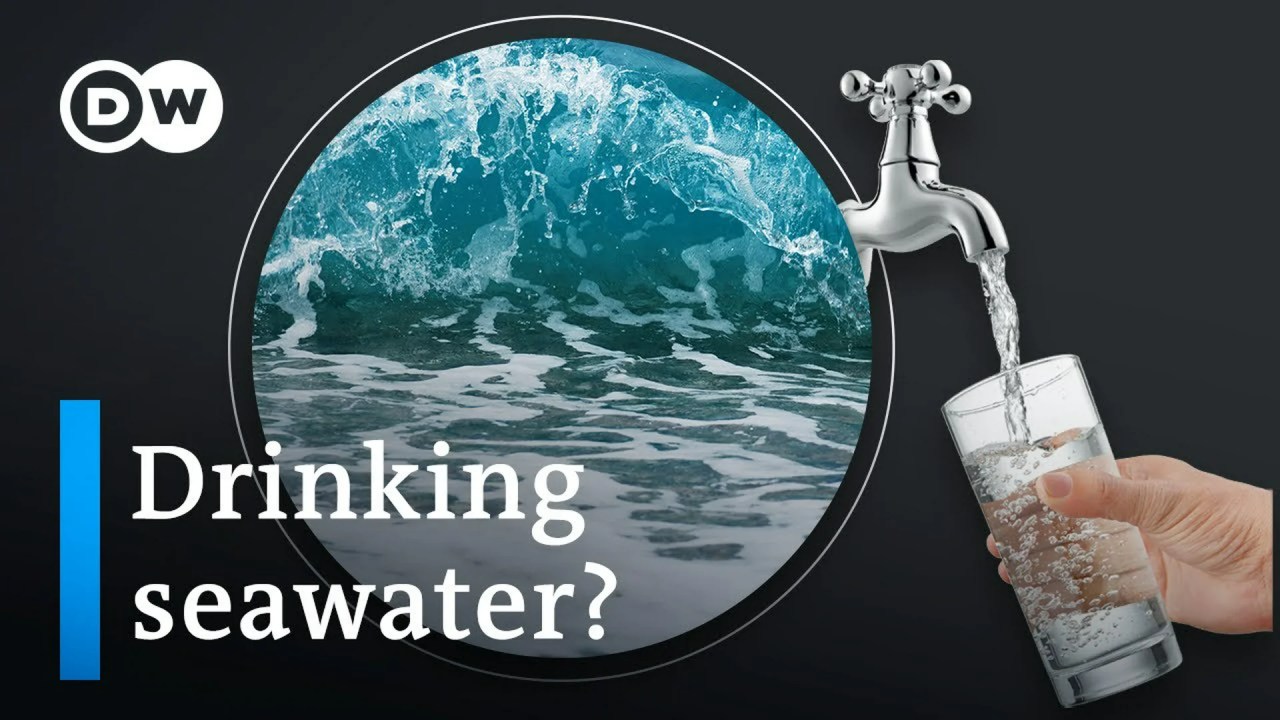The global water crisis is an issue that affects millions of people around the world. With a growing population, increased demand for clean drinking water, and limited resources, it’s easy to see why this is a major concern. Thankfully, desalination technology has emerged as an effective solution to create freshwater from seawater. This resource could provide millions of people with access to clean drinking water and combat the global water crisis.
Desalination works by removing salt from seawater through a process called reverse osmosis. To do this, seawater is filtered through membranes that are designed to remove any impurities while leaving the fresh water intact. This process can provide vast amounts of freshwater for communities in need without taking away existing resources, making it an incredibly viable solution for areas without access to safe drinking water.
In addition to providing freshwater, desalination also has other environmental benefits. It reduces carbon emissions and uses renewable energy sources like solar power or wind turbines to power the process, making it more sustainable than traditional methods of obtaining fresh water. Desalination has been used in many parts of the world and continues to be developed as a reliable source of freshwater for those in need.



